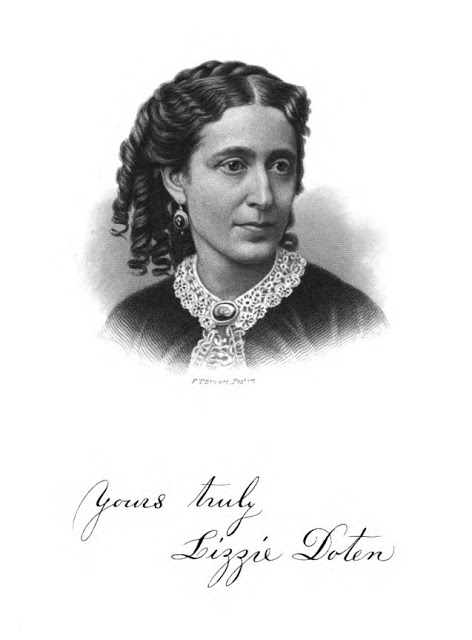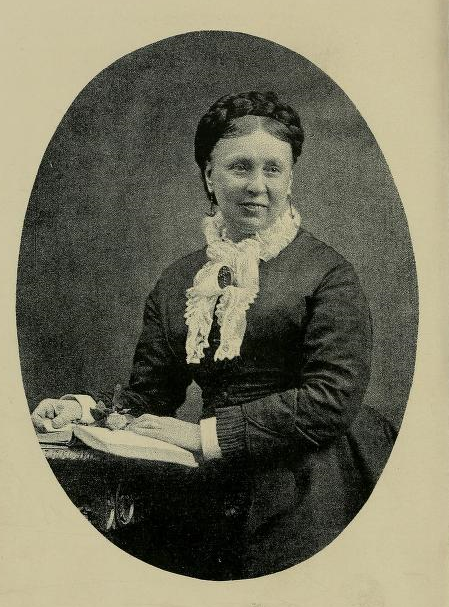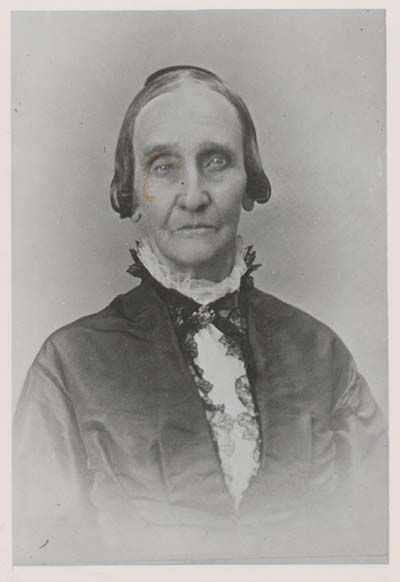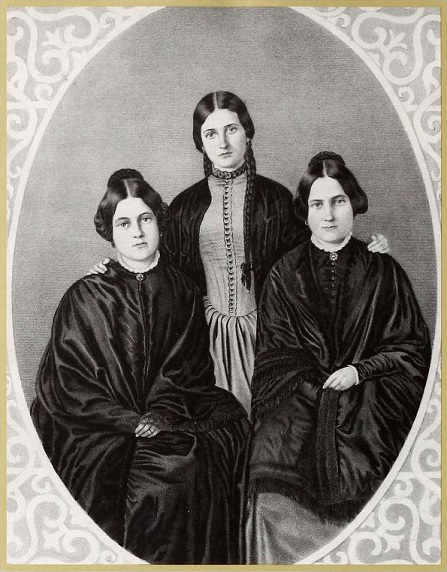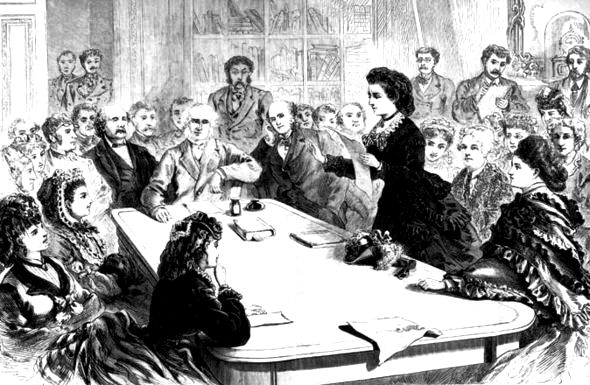It's Halloween, so here's a thread in memory of the very brave and resourceful ladies who mesmerized their Victorian audience to be allowed to speak up, write, travel, and advocate for their rights in a context that would have rather believed in ghosts than in women's autonomy.
Spiritualism began in 1848 at the home of teenage girls Kate and Margaret Fox in Rochester, New York. Word spread about their alleged communication with the dead and they were soon touring the country to display their mediumistic abilities.
Although mediumship was based on the restrictive notion of "feminine passivity", it granted 19th c women the opportunity to speak in public during "trance lectures", publish their autobiographies and automatic writings, and have a voice in the public sphere
Cora Scott was a spiritualist superstar. She used her trance speech to engage in suffragist and abolitionist debates, delivering more than 3000 public lectures after joining the Hopedale spiritualist community of freelovers and radical reformists.
Harriet Wilson, another influential medium, was famous not only for her abolitionist speeches in occultist circles, but also for publishing the first novel by an African-American woman: Our Nig: Sketches from the Life of a Free Black (1859)
Florence Marryat was an occultist medium, prolific writer of sensation fiction, editor, journalist, actress, and singer, author of near seventy novels. Her adventures at spiritualist séances are compiled in her works There Is No Death (1891) and The Spirit World (1894)
Louisa Lowe was put in the Brislington asylum for practicing automatic writing. Like many spiritualist women, she was easily diagnosed with "hysteria". She spent her seclusion working on autobiographical writings.
Achsa Sprague began working as a medium and activist after being cured from crippling arthritis by alleged spirit agency. She led a subversive life of fearless independence, fuelled by what she described as an "insatiate urge for a life of action, [a] thirsting for knowledge".
When she was not chatting with ghosts, Lizzie Doten campaigned for universal suffrage, female religious leadership and economic autonomy, and the reform of marriage laws. She also claimed to channel the spirit-poetry of Shakespeare and Poe.
Emma Hardinge Britten was a pivotal figure in American Spiritualism. She set the basic principles for the movement and advocated for the abolition of slavery, as well as for women's rights, divorce laws and sexual consent in marriage.
Although she was not herself a medium, Amy Post hosted some of the first Fox sisters' séances at her home in Rochester. The Post household became a meeting point for spiritualists and abolitionists alike, with crucial guests such as Frederick Douglass and Harriet Jacobs.
In 1888, the Fox sisters admitted they had tricked their followers, having produced the ghostly sounds by cracking their knee and toe joints. Nevertheless, plenty of subversive female spiritualists persisted until the early 20th c.
Luckily, we no longer need to resort to fraud to be socially visible and economically independent, but we can thank spiritualist women, whose struggle contributed to the rights we enjoy today. Here is a pic of spiritualist medium Victoria Woodhull running for President

 Read on Twitter
Read on Twitter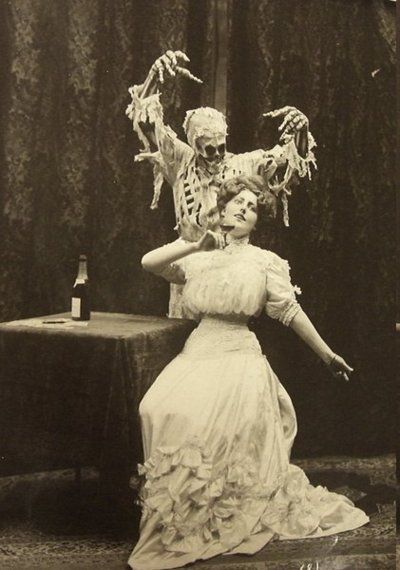
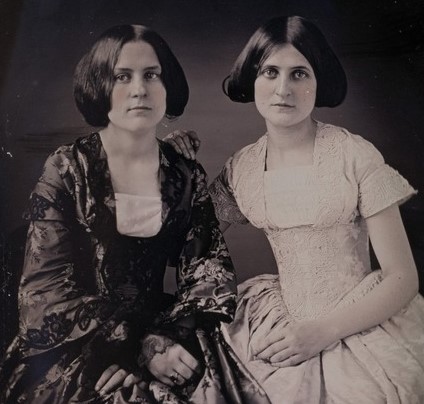
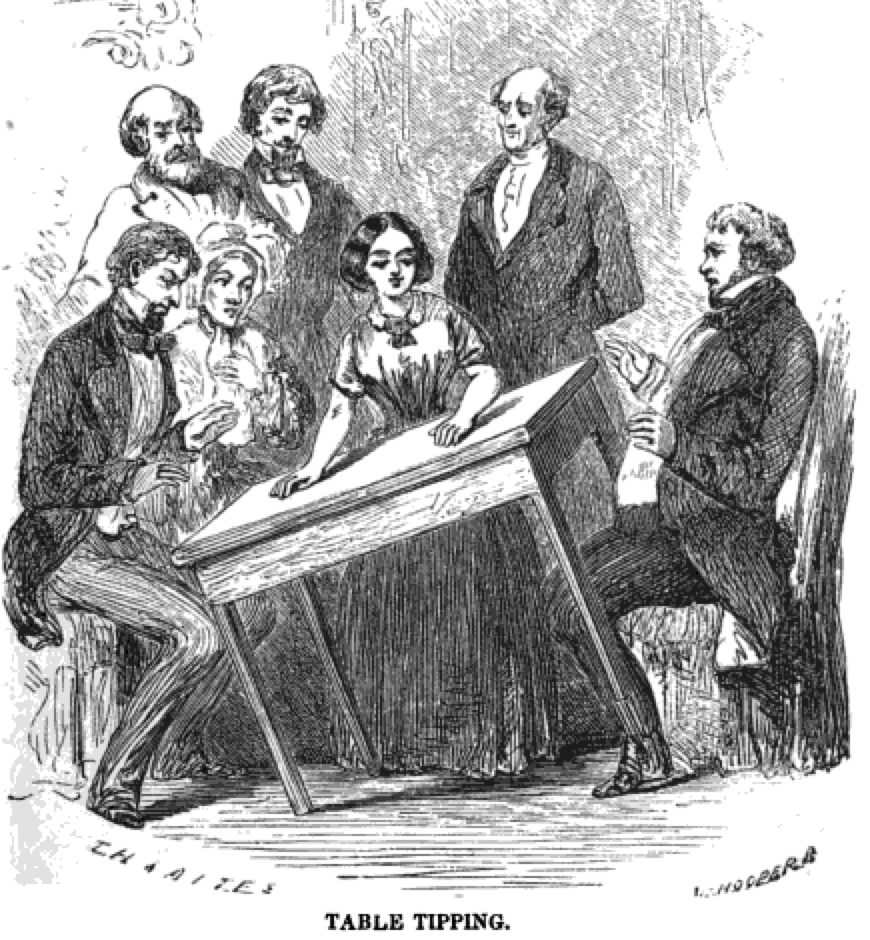
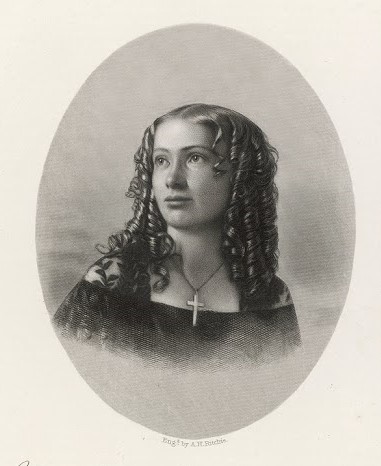
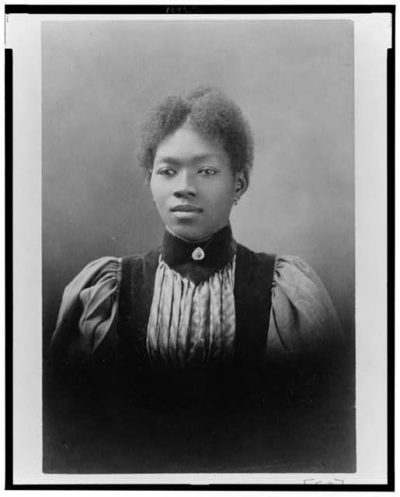
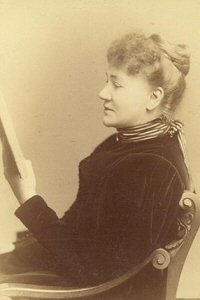
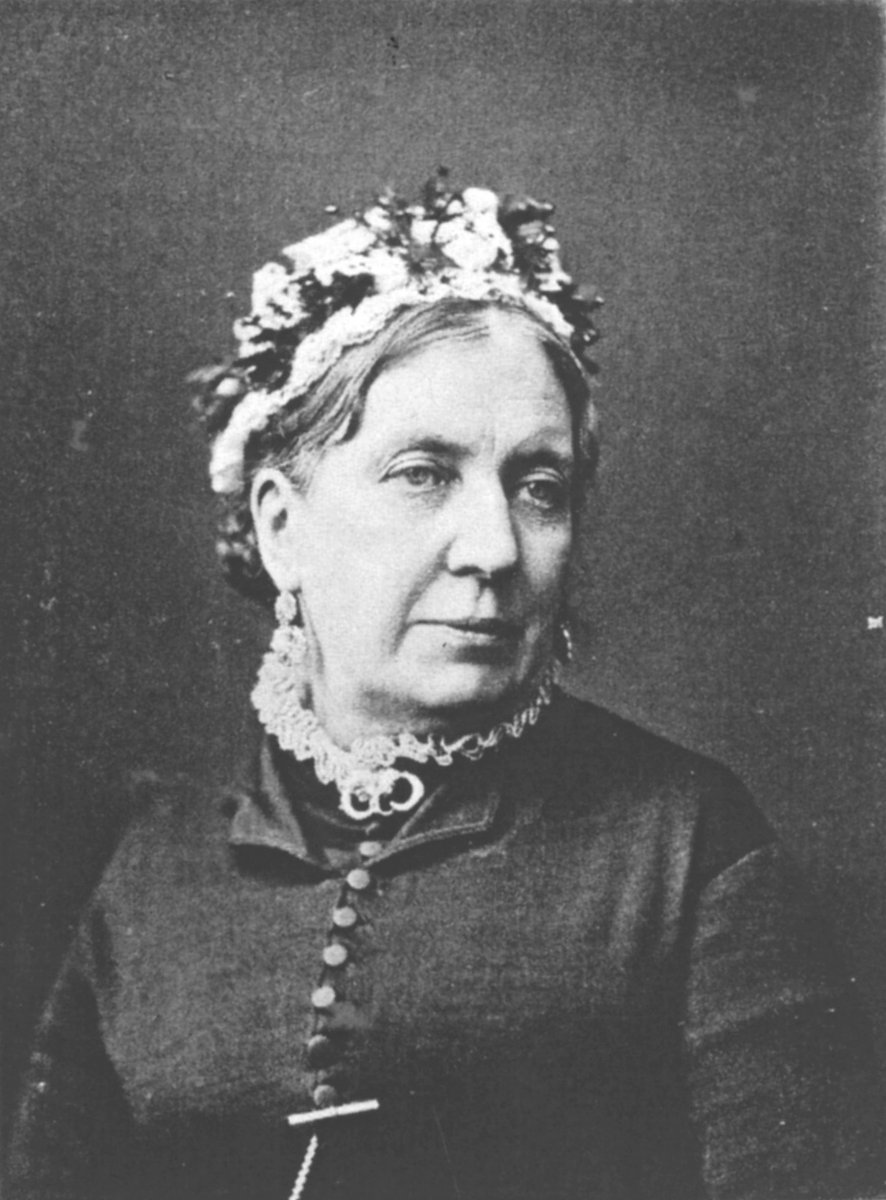
![Achsa Sprague began working as a medium and activist after being cured from crippling arthritis by alleged spirit agency. She led a subversive life of fearless independence, fuelled by what she described as an "insatiate urge for a life of action, [a] thirsting for knowledge". Achsa Sprague began working as a medium and activist after being cured from crippling arthritis by alleged spirit agency. She led a subversive life of fearless independence, fuelled by what she described as an "insatiate urge for a life of action, [a] thirsting for knowledge".](https://pbs.twimg.com/media/ElrcB5_XYAECKjG.jpg)
